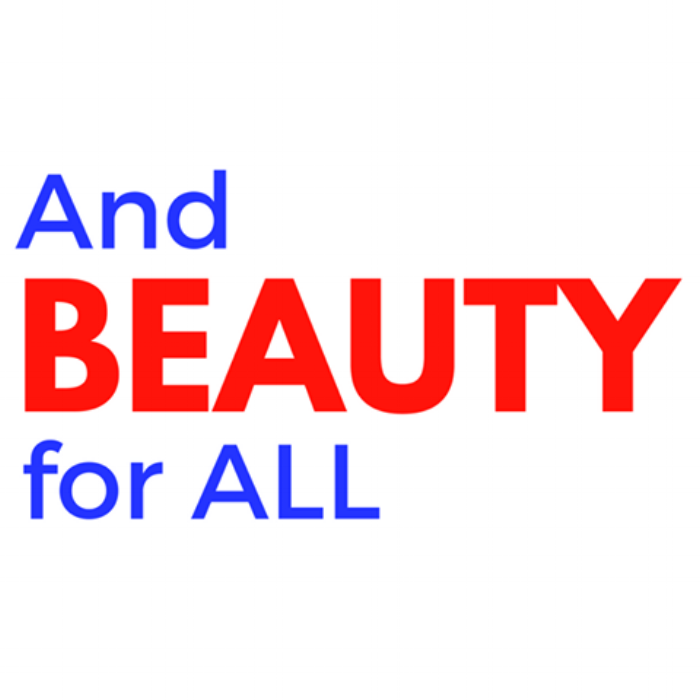HOW MEANINGFUL WORK AND JUST COMPENSATION CAN HELP CREATE A MORE BEAUTIFUL WORLD
Justine Burt
Photo courtesy of Justine Burt
Justine Burt is the Founder + CEO of Appraccel, an environmental sustainability consulting firm in the San Francisco Bay Area. She works with clients in the private, public and non-profit sector to successfully implement projects in energy efficiency, renewable energy, alternative transportation, waste prevention, and water conservation. Clients include NASA Ames Research Center, the U.S. House of Representatives, Alameda County StopWaste, businesses in manufacturing, distribution, wholesale, and retail, various universities, the Clean Coalition and the Bay Area Recycling Outreach Coalition.
Justine is a climate optimist who focuses on replicating and scaling projects for transformational change.
Justine’s new book The Great Pivot: Creating Meaningful Work to Build a Sustainable Future details the green jobs we will need as people transition out of the old economy.
In April 2018, the former Vice Chairman of General Motors, Bob Lutz, spoke at the annual meeting of the Society of Automotive Engineers in Detroit with unwelcome news. “We are approaching the end of the automotive era,” he said. He predicted that vehicle autonomy will gradually take over more and more of the task of driving, and that “the end-state will be the fully autonomous module with no capacity for the driver to exercise command. You will call for it, it will arrive at your location, you’ll get in, input your destination and go to the freeway.” He continued that “people who like to drive, and car companies that rely on branding, have another 25 years at the most. After that, it’s all over.” Lutz admitted that this transition will bring “a vast improvement to national productivity.” Traffic jams and accidents will become rare events, and perhaps some 90% of the 40,000 annual traffic deaths in the U.S. will be eliminated.
As we automate the driving function, a portion of the millions of people who drive for a living will need to find other work. In 2016, 4,285,400 people in the U.S. derived their primary income from driving. According to the Bureau of Labor Statistics, the categories for professional drivers break down into the following numbers:
• Heavy truck and tractor trailer drivers—1,871,700
• Delivery truck drivers—1,421,400
• Bus drivers—687,200
• Material moving machine operators—682,000
• Taxi, ride-hailing drivers, and chauffeurs—305,100
In addition, U.S. car and truck dealerships employed 1.1 million people in 2016, according to the National Automobile Dealers Association. This includes those who sell and service vehicles. As people use mobility services instead of buying vehicles and society switches from internal combustion engines with 2,000 parts to electric vehicles with 20 parts, we will need dealerships and service centers less. If millions of people will be freed from transportation jobs in the near to mid-future, what will they do for income?
Tesla CEO Elon Musk, who knows that AVs will lead to mass unemployment and thus suggests that we establish universal basic income to maintain social and economic stability, said: “…I think maybe these things do play into each other a little bit, but what to do about mass unemployment? This is going to be a massive social challenge. And I think, ultimately, we will have to have some kind of universal basic income. I don’t think we’re going to have a choice.”
Let’s also use the automation dividend to create green jobs. Most people would rather have meaningful work, especially if the work pays a just compensation. There is so much work that needs to be done to build a sustainable future. My new book The Great Pivot: Creating Meaningful Work to Build a Sustainable Future outlines 30 projects to develop sustainable energy and transportation systems, create a circular economy, reduce food waste, and restore nature. These projects would establish meaningful jobs for millions of people to build a more beautiful world where we live in balance with the environment.
Massive shifts are happening in the world of work, from the recent disruption of outsourcing to the current disruption of the gig economy to the impending disruption posed by increased automation. This applies to many sectors of our economy that are in transition, such as coal mining, oil and gas extraction, transportation, and manufacturing.
Just looking at the transportation sector, the jobs that will be available in the future will depend partly on two things: our vision for our future transportation system and how we invest in it over the next decade. Do we value having well-developed alternative transportation options that are safer, healthier, cleaner, cheaper, and better for the climate? This is a discussion worth having in our society, perhaps as part of the Green New Deal dialogue. Engaging in civic discussions about the future of our transportation system and encouraging specific types of public and private investments will ensure we steer changes, not get run over by them.




